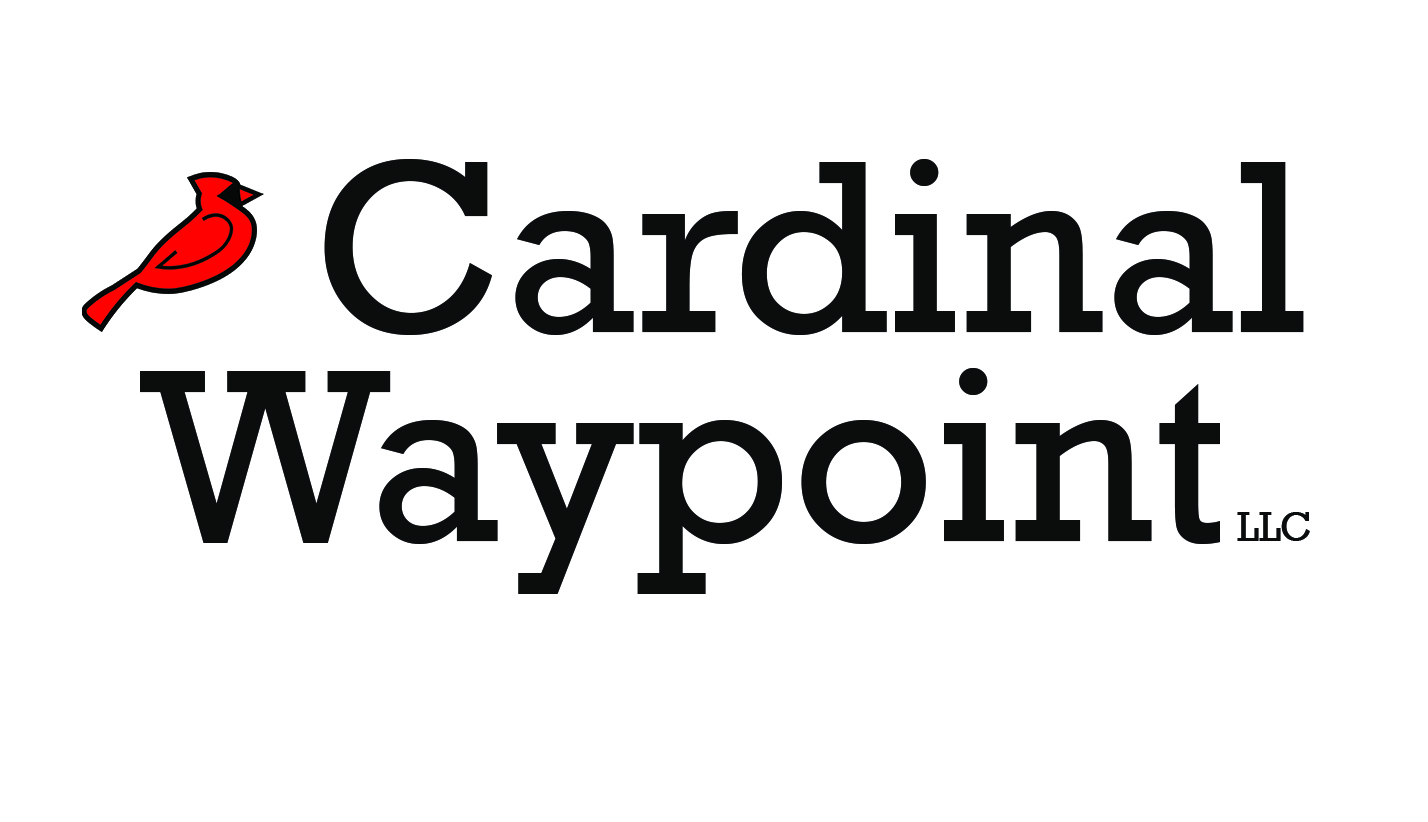The line separating collaboration from wrongdoing
Everybody’s for collaborating. Especially in health where it seems on surface to be so beneficial.
Except when collaboration impairs competition and consumer choice. Because there, it seems on the surface to be increasing health care costs and reducing options for patients.[1]
Into this modern networked world – one where in health the fax machine is still a common and necessary data transfer technology – comes a request from Uncle Sam for information and ideas to bring the Stark anti-self referral rules into the 21st Century.[2]
First adopted in 1989,[3] the federal anti-self referral laws initially prohibited physicians from referring Medicare patients to clinical labs in which they had a financial interest. Subsequent acts of Congress and regulatory actions lengthened the prohibited referral list to a dozen entity types. The Affordable Care Act instituted a new voluntary self-referral disclosure protocol.[4] Technical and other updates are frequent, occurring most recently in February 2018 with adoption of the Bipartisan Budget Act.[5] As a strict liability statute, practices may be subject to federal penalties and fines even if they did not intend to undertake a violation of the law – penalties that may include full repayment of all affected Medicare payments, exclusion from the Medicare program or worse.
Into this environment, how do health care professionals and facilities collaborate on necessary arrangements to deliver care covered under new value-based arrangements and alternative payment models? Even those who are very careful are susceptible to costly toe-stubs.
HHS has posed 20 questions, some with multiple parts, intending to capture health sector perspectives on the Stark law by a 5 pm Eastern time August 24, 2018, deadline to inform future rulemakings.[6] According to the agency’s request for information (RFI), “Care coordination is a key aspect of systems that deliver value. Removing unnecessary government obstacles to care coordination is a key priority for HHS. To help accelerate the transformation to a value-based system that includes care coordination, HHS has launched a Regulatory Sprint to Coordinated Care, led by the Deputy Secretary. This Regulatory Sprint is focused on identifying regulatory requirements or prohibitions that may act as barriers to coordinated care, assessing whether those regulatory provisions are unnecessary obstacles to coordinated care, and issuing guidance or revising regulations to address such obstacles and, as appropriate, encouraging and incentivizing coordinated care.”
Already the Administration as part of its 2019 budget proposed creating new exemptions from the Stark law where links to alternative payment models and care coordination can be established.[7] And two key House committees have moved legislation establishing a self-referral disclosure protocol intended to significantly limit risk associated with inadvertent violations.[8]
Is your voice being heard? Ought it be?
Frank Talk is a product of Cardinal Waypoint LLC, a new consultancy for health policy and leadership. You can have Cardinal Waypoint at work for you. Contact Cardinal Waypoint here.
[1] A nice summary of the risks and rewards of care coordination can be found at McWilliams JM. Cost containment and the tale of care coordination. N Engl J Med 2016; 375:2218-2220. https://www.nejm.org/doi/full/10.1056/NEJMp1610821, retrieved 6/27/2018.
[2] U.S. Department of Health and Human Services. CMS seeks public input on reducing the regulatory burdens of the Stark Law. Press release with links to blog and Request for Information in the Federal Register, June 20, 2018. https://www.cms.gov/Newsroom/MediaReleaseDatabase/Press-releases/2018-Press-releases-items/2018-06-20-2.html, retrieved 6/25/2018.
[3] HHS has published a helpful history on physician self referral at https://www.cms.gov/Medicare/Fraud-and-Abuse/PhysicianSelfReferral/index.html, retrieved 6/25/2018.
[4] U.S. Department of Health and Human Services. Self-referral disclosure protocol, Patient Protection and Affordable Care Act. Fact sheet and SRDP, as modified June 7, 2017. https://www.cms.gov/Medicare/Fraud-and-Abuse/PhysicianSelfReferral/Self_Referral_Disclosure_Protocol.html, retrieved 6/25/2018.
[5] McGuire Woods. Civil and criminal fraud and abuse penalties increase and Stark law changes. March 5, 2018. https://www.mcguirewoods.com/Client-Resources/Alerts/2018/3/Civil-Criminal-Fraud-Abuse-Penalties-Increase-Stark-Law-Changes.aspx, retrieved 6/25/2018.
[6] 83 Fed. Reg. 29524, 6/25/2018. https://www.federalregister.gov/documents/2018/06/25/2018-13529/medicare-program-request-for-information-regarding-the-physician-self-referral-law, retrieved 6/25/2018.
[7] The Administration’s proposal summarized in the RFI mimics legislation introduced but not enacted by the 115th Congress (2017-18), HR 4206, the Medicare Care Coordination Improvement Act, Buschon R-IN and 16 cosponsors. https://www.congress.gov/bill/115th-congress/house-bill/4206/actions, retrieved 6/25/2018.
[8] HR 3726, Stark Administrative Simplification Act of 2017, Marchant R-TX and 3 cosponsors. https://www.congress.gov/bill/115th-congress/house-bill/3726/actions, retrieved 6/25/2018.
